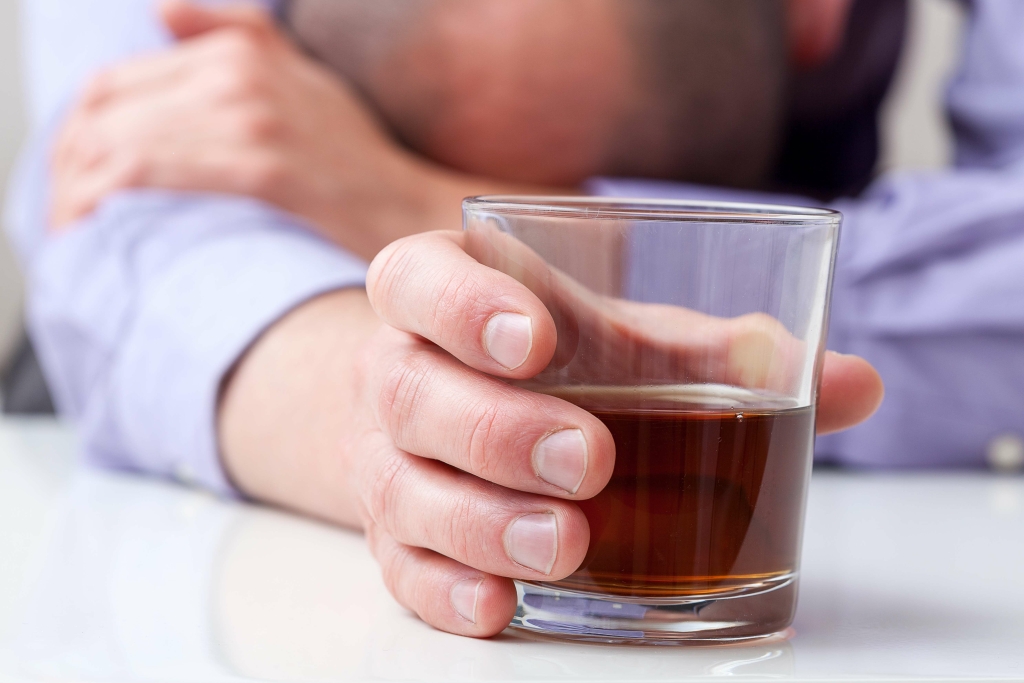Cardiomyopathy can be caused by coronary artery disease, a heart attack, or some other underlying health condition. In some cases, it can be genetic, which means you inherited it from your parents. Others who are beginning to struggle with breathlessness or chest pain may need to make some lifestyle changes or take medications. Sarcomere gene mutations are the primary genetic cause of hypertrophic cardiomyopathy. Normally, sarcomere genes work to encode proteins that are responsible for helping the heart muscle contract and relax properly.
The Role of Private Therapy in Luxury Addiction Recovery Programs

From the data provided in the available ACM studies, it appears that patients who received an ACEI globally showed improved prognosis. In contrast, beta-blockers, similar to aldosterone inhibitors, however beneficial they may alcoholic cardiomyopathy symptoms be, have thus far not yielded sufficient data on their efficacy in relation to this disease. The first paper to assess the natural history and long-term prognosis of ACM was published by McDonald et al69 in 1971.
Medtronic Launches Global Study on Novel Heart Failure…
Chronic alcohol consumption leads to oxidative stress, mitochondrial dysfunction, and cell death. This eventually results in Sobriety the dilation of the ventricles, thinning of the heart walls, and impaired contractility. The cornerstone of treatment for alcoholic cardiomyopathy is complete and sustained abstinence from alcohol. This is the single most important intervention and can halt the progression of the disease. In many cases, especially when diagnosed early, abstinence may even lead to partial or significant recovery of heart function.
- In spite of the high prevalence of excessive alcohol consumption and of its consideration as one of the main causes of DCM, only a small number of studies have analysed the long-term natural history of ACM.
- In contrast, alcoholic cardiomyopathy typically shows a globally weakened heart muscle without inflammation.
- Alcohol consumption can also lead to increased inflammation in your heart muscle, further exacerbating myocardial dysfunction.
- Data on the amount of alcohol consumption required to cause ACM are limited and controversial.
Associated Data
The prognosis for a patient with alcoholic cardiomyopathy depends largely on whether they can abstain completely from alcohol, how long they have been drinking and whether there are any other contributing causes of heart disease. The patient can be reassured that their condition should improve if they have treatment for heart failure and abstain completely from alcohol. The first clinical recognition of ACM was performed by Hippocrates in Greece during the 4th century B.C.


Abstinence allows your cardiovascular system to recover and can even potentially reverse some of the heart damage. Additionally, maintaining a balanced diet, staying physically active, and addressing any underlying thiamine deficiency are essential for overall heart health. The best way to treat alcoholic cardiomyopathy, a heart condition resulting from heavy drinking, is to completely stop consuming alcohol. On the other hand, the earliest sign of this disease can be a type of heart dysfunction where the heart can’t fill properly with blood which is often observed in about 30% of those with chronic alcohol abuse. However, there isn’t a specific limit set on how much alcohol consumption could lead to this disease. Alcoholic cardiomyopathy affects the heart’s ability to pump oxygen-rich blood around the body.
Essential Tips for Fast and Effective Covid Cough Relief Backed by Medical Experts
It should be noted that a moderate drinker included in this latter group showed an improvement of his ejection fraction. Demakis et al70 in 1974 divided a cohort of 57 ACM patients according to the evolution of their symptoms during follow-up. The sub-group of patients in whom symptoms improved was made up of a larger proportion of non-drinkers (73%), compared to 25% in the group who did not improve, or 17% in the group whose condition worsened. However, a possible confusion factor was identified because the group with clinical improvement also exhibited a shorter evolution of the symptoms and the disease.


